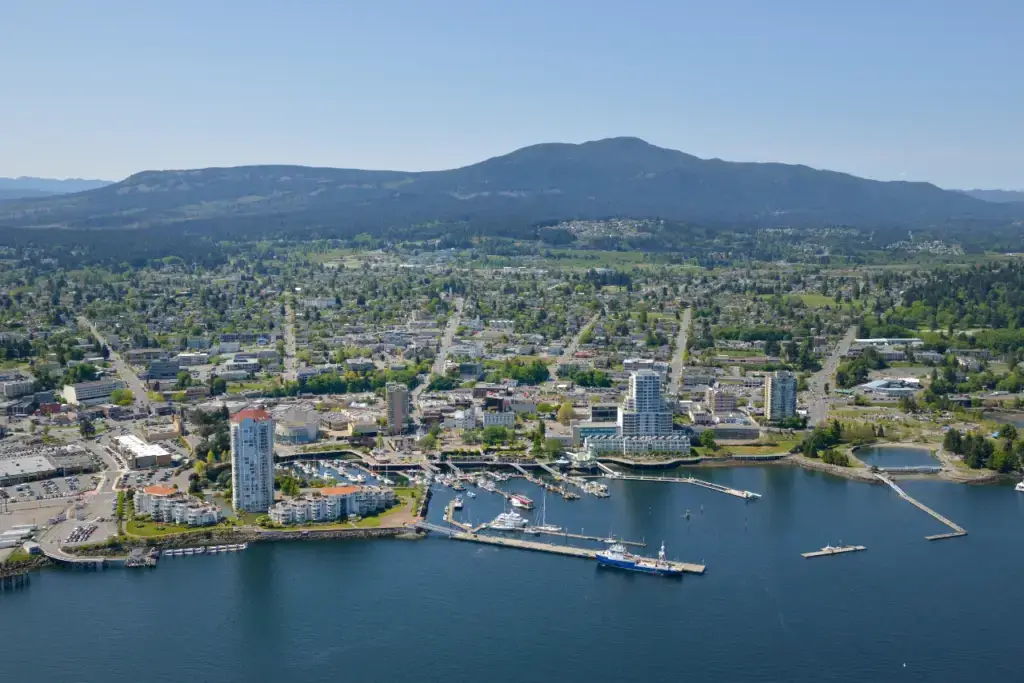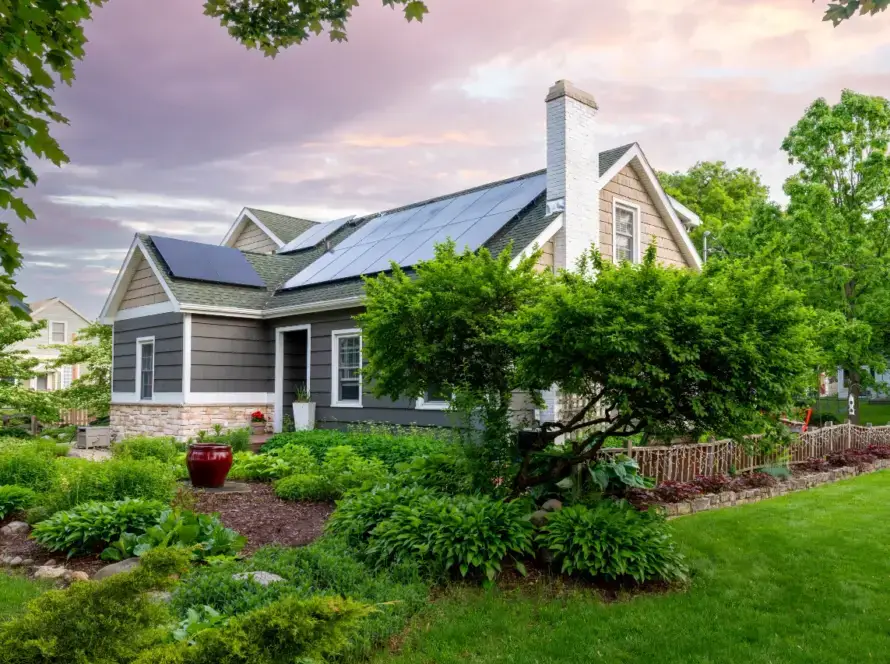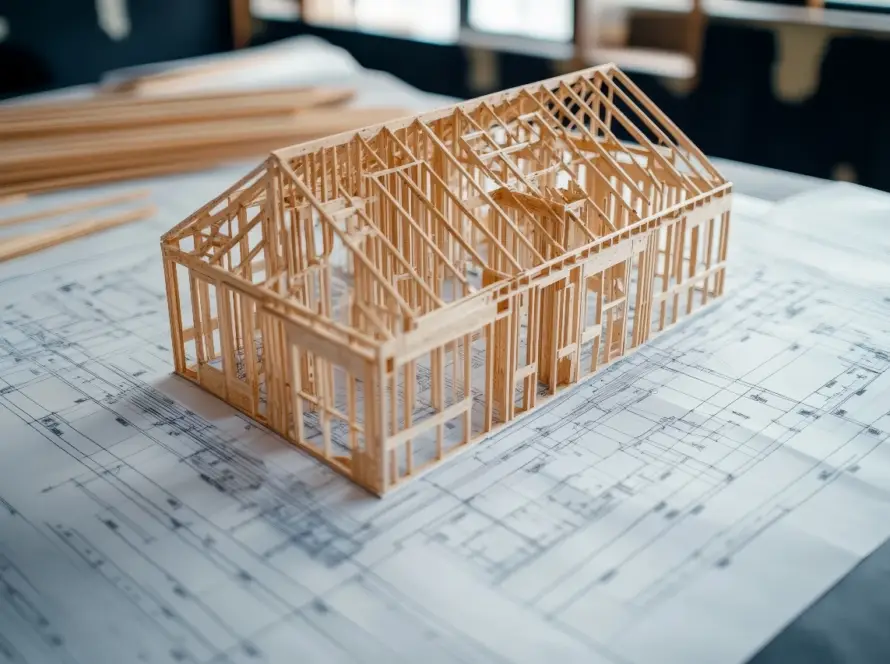Here’s How to Make Energy Efficiency Part of Your Property Strategy
We’re back with another info-packed exploration and this time, we’re connecting two dots that, at first glance, don’t seem like they belong on the same page: government energy rebates and BC real estate investments. But hang with us, because once we dig in, it all starts to click, and maybe even reveal some hidden upside for anyone thinking about property in British Columbia.
Let’s set the scene: On one hand, we’ve got BC’s CleanBC Better Homes income-qualified rebates, part of a big push to help homeowners make energy-efficient upgrades without draining their savings. We’re talking serious incentives, especially for folks who fall into lower income brackets. On the other hand, we’ve got listings for investment properties, including a few in Nanaimo, complete with estimated cash flow projections.
So here’s the million-dollar question: How can energy-saving rebates actually shift the math on a real estate investment?
Let’s break it all down.
First Up: The CleanBC Better Homes Rebates
These enhanced rebates aren’t just some minor discount off a new furnace. They’re designed to dramatically reduce the upfront cost of energy-efficient upgrades.
Here’s the basic idea:
The province wants to help lower-income households make their homes more energy-efficient, more comfortable, and more affordable to run. So they’re offering rebates for things like:
- Heat pumps
- Insulation upgrades
- Windows and doors
- Heat pump water heaters
- Electrical service upgrades
- Ventilation upgrades
- Health and safety improvements
That’s a big deal, whether you’re living in the home or looking to turn it into an income-generating rental.
So, Who Actually Qualifies?
There are a few hoops to jump through, but they’re not unreasonable:
- You need to live in the home as your primary residence (at least for the first year).
- You must have a BC utility account in your name.
- Any upgrades need to be completed by CleanBC-registered contractors.
- You must pre-register for the program and get an eligibility code before starting work.
- There’s a 6-month window after the invoice date to submit your application for the rebate.
- And, importantly, you can’t combine this with other provincial or utility rebates for the same upgrade.
For landlords, this program does apply to rental properties, but you’ll need a landlord consent form and must meet the same eligibility criteria.
Real Estate: What About the Properties?
Let’s turn our attention to a handful of investment properties for sale in Nanaimo.
Most of these are condos, with one single-family home in the mix. Each listing comes with key details like asking price, number of bedrooms and bathrooms, and—crucially—estimated monthly cash flow.
Some units show positive cash flow from day one, while others are in the red when you factor in mortgage payments, taxes, and other expenses. That variance can make or break a deal.
But here’s where things get interesting.
What if you find a property that’s just barely breaking even—or even operating at a slight monthly loss—but it qualifies for energy rebates?
Let’s say it has an aging furnace or single-pane windows. You could potentially make major upgrades, fully or mostly covered by the rebate program, and radically change the math. Suddenly, you’re not just saving on future heating costs. You’re boosting comfort (think: happy tenants), improving resale value, and creating a more sustainable home, all without adding tens of thousands to your renovation budget.

Real Example? Let’s Play It Out.
Imagine you find a modest condo in Nanaimo with outdated heating. It’s sitting just under the property value cap, and you plan to live in it for the first year before converting it to a rental.
You meet the income criteria. You pre-register. You find a registered contractor.
Now imagine you install a high-efficiency heat pump and upgrade your windows. Maybe you toss in some added insulation, too.
Your tenant gets a more comfortable, energy-efficient place to live. You get lower utility bills, better tenant retention, and possibly even higher rent down the line.
Suddenly, that property with borderline-negative cash flow has flipped the script.
But What If You’re Buying Real Estate, Not Renovating?
Even if you’re shopping for properties that already have upgraded systems, this stuff still matters.
Homes with energy-efficient heating and cooling, modern windows, and airtight insulation are more comfortable, cost less to operate, and are often more attractive to both tenants and buyers, demonstrating a great resale value return on investment, just like a new kitchen or bathroom.
With sustainability becoming a bigger selling point, it’s worth asking: Could upgraded homes command higher rents? Could they sell faster or at a premium down the road?
It’s something worth factoring into your decision-making process—especially if you’re weighing two similar properties, and one has had energy upgrades and one hasn’t.
Energy Coaching? Yep, That’s Included.
Don’t forget, CleanBC also offers free energy coaching and virtual home assessments. That means you don’t have to guess which upgrades will give you the best bang for your buck. You can get advice from trained experts before making any big decisions.
Especially helpful for first-time homeowners, new landlords, or anyone navigating rebates for the first time.
A Few Quick Reminders Before You Jump In:
- Use a registered contractor. No exceptions.
- Pre-register before you start anything.
- Keep all receipts and documentation organized.
- Submit your rebate application within six months of the work being done.
- And never give your banking info to anyone claiming to be CleanBC. Scammers are real. Always verify through the official program website or phone number.
A Smarter Way to Invest in Real Estate?
If you’re investing in property in BC, especially in places like Nanaimo where the real estate market still has room to grow, energy efficiency could become a major asset in your long-term plan.
Enhanced rebates can make upgrades affordable (or free), improve cash flow, boost tenant satisfaction, and potentially increase your resale value.
But it all comes down to doing your research.
Know the eligibility rules, understand the timelines, and don’t be afraid to ask for help. The team at Shoreline BP is here to help you plan and execute your next project while making the most of government programs.
Have questions? Get in touch today and find out how we can help.
In today’s market, sustainability isn’t just a buzzword, it’s a strategy.
Until next time, keep investing smart, thinking long-term, and staying energy aware about your home.



